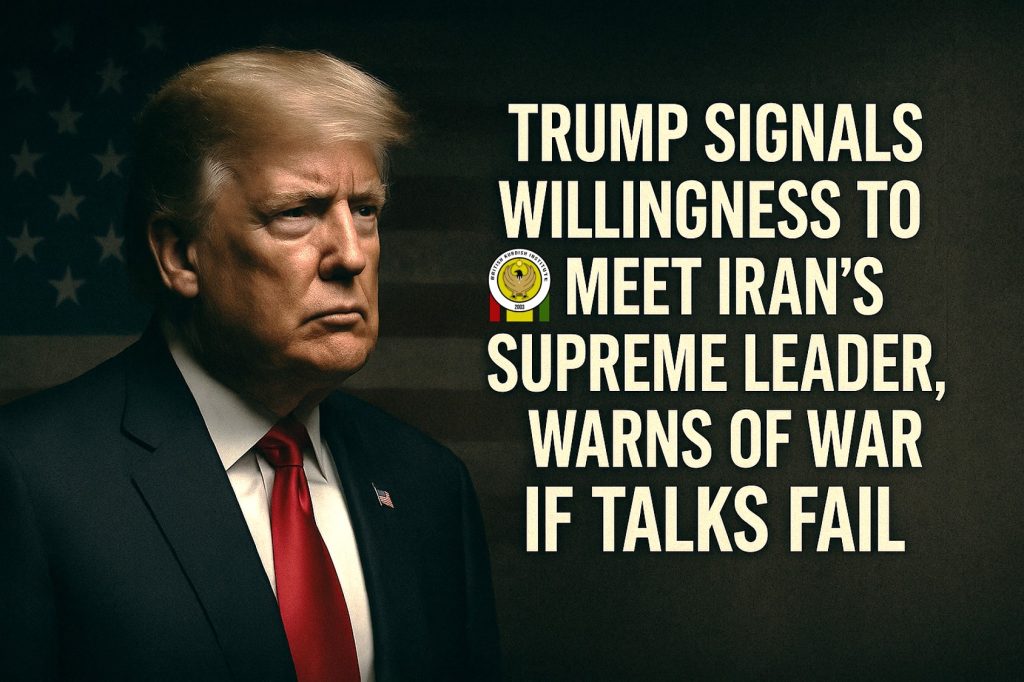In his boldest gesture toward Tehran since returning to office, U.S. President Donald Trump announced that he is open to meeting Iran’s Supreme Leader Ali Khamenei or President Masoud Pezeshkian in pursuit of a new nuclear deal.
Speaking to TIME Magazine on April 22, Trump expressed cautious optimism: “I think we’re going to make a deal with Iran.” When asked if he would sit down with Iran’s top leaders, his answer was a simple “Sure.” This direct overture signals both a willingness to engage diplomatically and a warning of confrontation if talks collapse.
Renewed Nuclear Negotiations in Oman
The announcement comes as nuclear talks resume in Oman, with a third round of high-level negotiations expected soon. The proposed framework seeks to limit Iran’s nuclear activities in exchange for sanctions relief.
The Trump administration is floating a compromise modeled on the United Arab Emirates’ program: Iran could operate civilian reactors but rely solely on imported fuel. Secretary of State Marco Rubio emphasized that such an agreement would prohibit uranium enrichment on Iranian soil.
Yet Tehran has firmly rejected this model. Senior official Ali Shamkhani dismissed the idea in earlier talks, underscoring Iran’s distrust of Western guarantees and reluctance to depend on foreign suppliers.
Escalating Concerns over Iran’s Enrichment
Since Trump withdrew from the 2015 Joint Comprehensive Plan of Action (JCPOA), Iran has accelerated enrichment to 60% purity—its highest level ever. This brings the program alarmingly close to weapons-grade capability.
While Tehran recently allowed an International Atomic Energy Agency (IAEA) team to reinstall monitoring equipment, IAEA Director Rafael Grossi confirmed that enrichment continues at the same pace, heightening fears of nuclear breakout.
Israel’s Hardline Stance and Trump’s Response
Israel views Iran’s nuclear program as an existential threat. Prime Minister Benjamin Netanyahu has demanded a full dismantling of Iran’s infrastructure. Trump denied blocking Israeli strikes but admitted discouraging escalation to allow diplomacy.
Still, he left the military option on the table: “If we don’t make a deal, I’ll be leading the pack.” Trump stressed that while he would not be dragged into war by Israel, he “may go in very willingly if we can’t get a deal.”
Trump’s Middle East Strategy: Diplomacy and Pressure
Critics note that Trump’s approach mirrors his first term: maximum pressure mixed with limited engagement. Alongside nuclear talks, Trump is preparing a Middle East tour that includes Saudi Arabia, Qatar, and the UAE.
He claimed Riyadh pledged $1 trillion in U.S. investments and hinted that Saudi Arabia may join the Abraham Accords—reviving normalization efforts between Israel and Arab states.
Trump also attacked former President Joe Biden, blaming his policies for Iran’s resurgence. According to Trump, Biden’s easing of sanctions gave Tehran “$300 billion in cash” to fund groups like Hamas and Hezbollah, fueling instability in Gaza.
A Moment of Peril and Potential
Trump’s rare willingness to meet Iran’s Supreme Leader, paired with stark threats of war, underscores the dual edge of his strategy: pragmatic diplomacy backed by the promise of overwhelming force.
Whether Tehran accepts a deal limiting enrichment or escalates confrontation remains uncertain. What is clear is that the coming weeks could shape not only U.S.-Iran relations but the future of Middle East stability.









